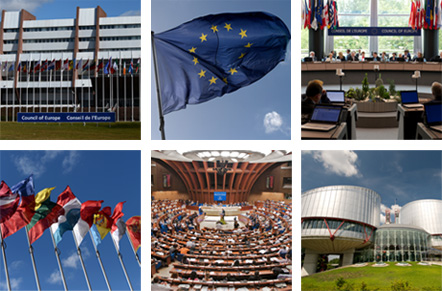The Council of Europe experts will visit Yerevan and Kyiv on 17-19 September 2019 under the Project to End Online Child Sexual Exploitation and Abuse @ Europe to analyse legislation, policies and practices to prevent and combat this crime.
The EndOCSEA@Europe Project promotes, facilitates and supports actions of the Council of Europe member States to prevent and combat child sexual exploitation and abuse facilitated by Information and communication technologies (OCSEA). The project focuses on strengthening responses to the crime in Albania, Armenia, Azerbaijan, Bosnia and Herzegovina, Georgia, Republic of Moldova, Montenegro, Serbia, Turkey and Ukraine. Armenia, Azerbaijan, and Ukraine have been endorsed as pilot countries.
The ongoing gap analysis is based on key international and European standards, including the Council of Europe Convention on the Protection of Children against Sexual Exploitation and Sexual Abuse (Lanzarote Convention), the Council of Europe Convention against Cybercrime and the priorities of the WePROTECT Model National Response.
Two fact-finding visits will take place in parallel to Yerevan, Armenia and to Kyiv, Ukraine. The Council of Europe delegation will meet with key stakeholders and national authorities to discuss the situation in the countries, identify any gaps in legislation, policies and practice and to gather the views and recommendations of participants.
Key topics for discussion include:
- Substantive criminal law and procedural criminal law standards;
- Crime detection and disruption;
- Child-friendly procedures for victims and witnesses of OCSEA;
- Multi-disciplinary co-ordination to prevent and combat OCSEA;
- Prevention and awareness raising, including training and education.
Discussions will build on the findings of the recently published reports “Multi-sectorial co-operation to prevent and combat Online Child Sexual Exploitation and Abuse” and “Strengthening civil society participation in the implementation and monitoring of the Lanzarote Convention”.
The reports based on the findings of the visits are expected to be published by the end of November 2019.
The Council of Europe gratefully acknowledges the financial support provided for this programme by the Fund to End Violence Against Children.



